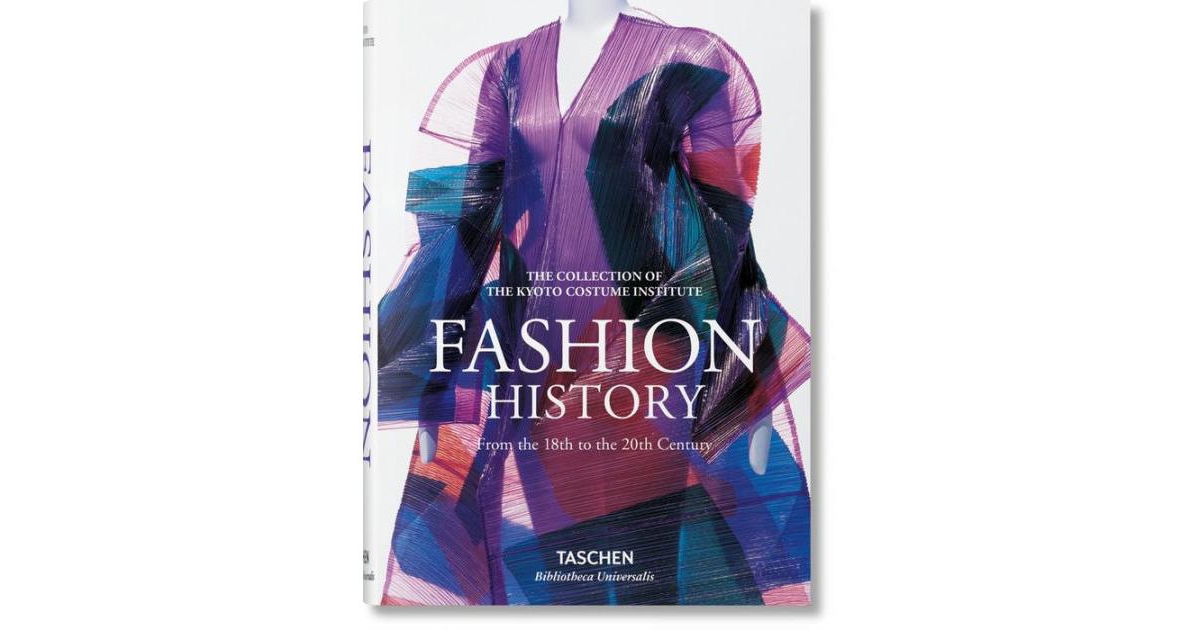Clothes define people. A person's attire, whether it's a sari, kimono, or business suit, is an essential code to his or her culture, class, personality, even faith. Founded in 1978, the Kyoto Costume Institute recognizes the importance of understanding clothes from sociological, historical, and artistic perspectives. With one of the world's most extensive clothing collections, the Kci has amassed a wide range of historical garments, underwear, shoes, and fashion accessories dating from the 18th century to the present day.Showcasing the Institute's vast collection, Fashion History is a fascinating excursion through the last three centuries of clothing trends. Featuring impeccable photography of clothing expertly displayed and arranged on custom-made mannequins, it is a testimony to attire as "an essential manifestation of our very being" and to the Institute's passion for fashion as a complex and intricate art form.The book's authors include some of the smartest minds and sharpest eyes in fashion studies: Akiko Fukai (Chief Curator of The Kyoto Costume Institute), Tamami Suoh (Curator of The Kyoto Costume Institute), Miki Iwagami (Lecturer of fashion history at Sugino Fashion College (Tokyo)), Reiko Koga (Professor of fashion history at Bunka Women's University), and Rie Nii (Associate Curator of The Kyoto Costume Institute).









